Sherlock and the Case of the Diversity Problem (and why representation matters)
The creator of the BBC Sherlock reboot is none other than Steve Moffat, who also is currently helming another popular BBC show – Doctor Who. One of the things that has always impressed me about Doctor Who as I began watching it was the diversity of the show. When we first meet the reboot Doctor, number 9, he takes a decidely white Rose into space and time with him, and sometimes her very non-white boyfriend joins them. After Rose, the Doctor is accompanied by Martha, also not white. And they have several adventures with Captain Jack Harkness, who later gets his own show called Torchwood, who is very white but is also decidely not straight. In fact, there are a wide variety of characters that appear in both Doctor Who and Torchwood and the most amazing thing is – no one every comments really on their non-whiteness or their sexuality (I won’t say never, because it does come up in context a couple of times), because it is understood that we live in a diverse world and there is no need for commentary.
 |
| Check out this article at The Mary Sue as the BBC responds to critics of racism in Doctor Who |
So what happens to Sherlock? Well, Sherlock lacks diversity. All of the main cast of characters is decidedly white male, most of the supporting characters are as well. But here’s the deal, later day Doctor Who and Sherlock are under a different creator/writer. And this change has brought about some diversity issues.
ADVERTISEMENT
ADVERTISEMENT
 To make matters worse, there is an undercurrent of homophobia running throughout the relationship of Sherlock and Watson, as if being a couple – gasp – would be THE. WORST. THING. EVER. I mean, they feel the need to stop in the middle of murder investigations and make sure that everyone understands that there is no way in hell they would ever be a couple as if that is more important than the fact that people are dying. I understand that there are men in real life who would definitely not want to be identified as homosexual, what I don’t get is why we feel the need to write it in as a running gag and a source of amusement on a show that already has so much going on. It’s unnecessary and contributes to the continued harassment and stigmazation of a people group that has spent centuries being persecuted. Keep in mind that identifying as GLBTQ in today’s world is one of the leading causes of teenage bullying, homelessness and suicide. Making them the butt of the jokes on a popular show contributes to this ongoing epidemic. And whatever one may personally feel about homosexuality, I don’t think it is okay to create a hostile environment for them. Full stop.
To make matters worse, there is an undercurrent of homophobia running throughout the relationship of Sherlock and Watson, as if being a couple – gasp – would be THE. WORST. THING. EVER. I mean, they feel the need to stop in the middle of murder investigations and make sure that everyone understands that there is no way in hell they would ever be a couple as if that is more important than the fact that people are dying. I understand that there are men in real life who would definitely not want to be identified as homosexual, what I don’t get is why we feel the need to write it in as a running gag and a source of amusement on a show that already has so much going on. It’s unnecessary and contributes to the continued harassment and stigmazation of a people group that has spent centuries being persecuted. Keep in mind that identifying as GLBTQ in today’s world is one of the leading causes of teenage bullying, homelessness and suicide. Making them the butt of the jokes on a popular show contributes to this ongoing epidemic. And whatever one may personally feel about homosexuality, I don’t think it is okay to create a hostile environment for them. Full stop.
 |
| Infographic Source |
Of course Sherlock did try and give a nod to diversity once in an epic fail of an episode called The Blind Banker. For a variety of reasons, this is my least favorite episode of the series to date. Mostly, I simply don’t really care all that much for the story. But also, this episode is one of the few episodes where we get some main characters of color and they are full of stereotypes. There is a good discussion of the problem of diversity in The Blind Banker here. Or this post which points out that the script for The Blind Banker calls for “Soo Lin Yao, a fragile little porcelain Chinese doll; a stupid brute of a Sikh warrior; Japanese geisha nicknacks for sale in a Chinese…not a shop…the script calls it an emporium…” It’s like the writers reached into their grab bag of Asian stereotypes and threw them all against a wall to see which would stick, and apparently they all did.
 |
| Molly Hooper: BBC |
Then we come to the character of Irene Adler, which Christie already talked about on Monday. I have such mixed feelings on Irene. She is definitely shown as being a strong female character, a woman who confounds and beguiles Sherlock. But her power comes primarily from her sexuality. In fact, when Sherlock first meets her she appears in her birthday suit, she is using her nudity as a powerplay. So although I love that we have a strong female character, I wish that her power could come somewhere other than her sexuality. It seems as if our popular culture continues to assert to young women that they can only be powerful if they can harness and exude their sexuality. In comparison, we have the character of Molly Hooper, who is once again a stereotype. Molly is a smart girl, the token science geek girl if you will, so of course she must be mousey and socially akward and pine after Sherlock. Imagine for just a moment if we could have had a strong, intelligent science minded woman who found power in her intellect and ability to help Sherlock as opposed to the only real female representation of power that we get in Irene Adler. This is an interesting look at the character of Irene Adler, and more interestingly about how the role of Moriarty undermines the role of Irene Adler. And perhaps my favorite comment about Irene Adler can be found here: “Well, to be fair, BCC Sherlock did turn Irene from a master of disguise and all-around genius who easily saw through Sherlock’s ruse into a pawn of Moriarty who needs to be told how to deal with Sherlock.
 |
| Agents of S.H.I.E.L.D.: ABC |
Why does this matter? Sherlock is a reboot, an updated take on the popular character. In the original works, these issues would make more sense because they were written in a time period that thought differently than we do today. But this Sherlock appears in modern day London. As we update the setting, we also need to update the representation of people who are not white men to reflect modern day sensibilities. Look around you, the modern day world is not as white as the world of Sherlock would lead us to believe. And this is important because it affects how we perceive the world around us and how people who are not white men perceive themselves, and each other. People often say that entertainment entertains but it does not influence. But I can’t help but wonder, if we know that marketing works, and we do, then how can we suggest that what we see in our media doesn’t influence how we think about our world, ourselves and each other? The answer is, I think, that we can’t. Diverse representation matters because people need to know that people of color can be strong, intelligent, and powerful without being a bad guy, a red shirt, a token, or – gasp – a maid or gas station attendant (or a fragile porcelain Chinese doll). And girls (women) need to know that they can be powerful because of their intelligence, their contributions to society, and in their friendships – it doesn’t have to come from sexuality, it isn’t all about sexuality.
ADVERTISEMENT
ADVERTISEMENT
Here’s the thing. I really, really love the BBC’s Sherlock. I love the way it looks visually, how you see how Sherlock is processing the evidence and coming to his conclusions. I love the quirkiness that is Sherlock, and how he is kind of a despicable, arrogant character but has glimpses of humanity, often in relation to Watson or Mrs. Hudson. Mostly, I love that it is intelligent drama that asks you to pay attention. But I can’t pretend it is perfect even though I am an enthusiastic fan. Just as I can’t pretend Doctor Who is perfect. I want my tweens and teens to grow up in a world where they are represented in healthy and realistic ways so that they develop healthy images of themselves and their place in this world. Sherlock needs to do better. And yes, my teens are watching.
P.S. All these same arguments hold true for our MG and YA lit. Diversity is important. Representation matters. Readers need to see realistic representations to have their existence, their place in this world, affirmed. And readers need to have realistic depictions of those that are different from themselves so that they develop realistic and healthy ideas about those that are different than them.
More:
“If she can’t see it, she can’t be it”
Beth Revis: I See You, Representation Matters (great post, read it)
Ramp Your Voice: Why Representation Matters in Children’s Books and Media
Actually, just Google “representation matters” for lots of great posts
More Diversity at TLT:
Racial Stereotyping in YA Literature
Race Reflections, Take II
Building Bridges to Literacy for African American Male Youth Summit recap, part 1
Friday Reflections: Talking with Hispanic/Latino Teens about YA Lit
See also the Diversity in YA Tumblr by Cindy Pon and Malinda Lo
More on Gender and Sexuality at TLT:
I’m Just a Girl? Gender issues in YA Lit
Girls Against Girls
Teach Me How to Live: talking with guys about ya lit with Eric Devine
Let’s Hear It for the Boys: Boys and body image
Who Will Save You? Boundaries, Rescue and the Role of Adults in the Lives of Teens
The Curious Case of the Gender Based Assignment
You want to put WHAT in my YA?
Taking a Stand for What You Believe In
Annie on My Mind and Banned Books Week on My Calendar
Queer (a book review)
Top 10: For Annie and Liza (Annie on My Mind)
Filed under: Diversity, Doctor Who, Gender issues, GLBTQ, Sexism, Sherlock, stereotypes, Steven Moffat
About Karen Jensen, MLS
Karen Jensen has been a Teen Services Librarian for almost 30 years. She created TLT in 2011 and is the co-editor of The Whole Library Handbook: Teen Services with Heather Booth (ALA Editions, 2014).
ADVERTISEMENT
ADVERTISEMENT
SLJ Blog Network
2024 Books from Coretta Scott King Winners
The Ultimate Love Letter to the King of Fruits: We’re Talking Mango Memories with Sita Singh
Monkey King and the World of Myths: The Monster and the Maze | Review
Parsing Religion in Public Schools
ADVERTISEMENT




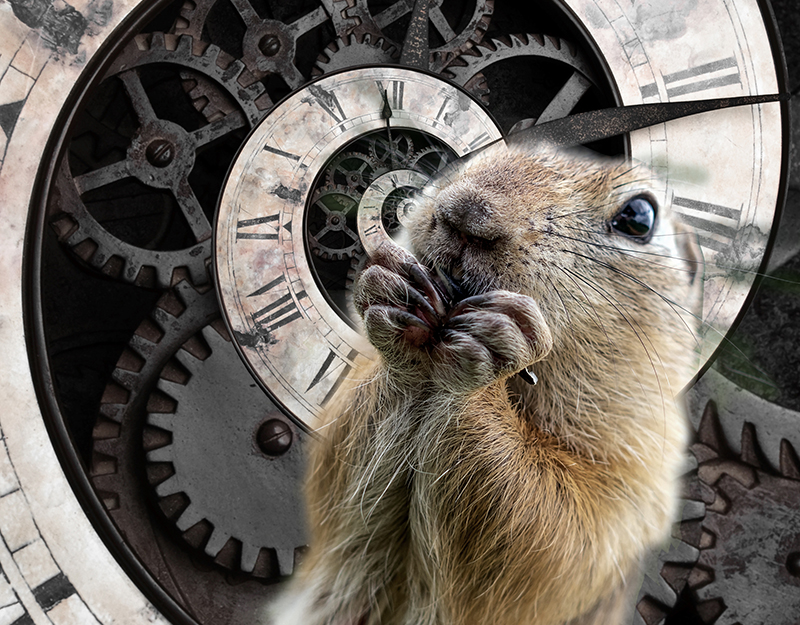
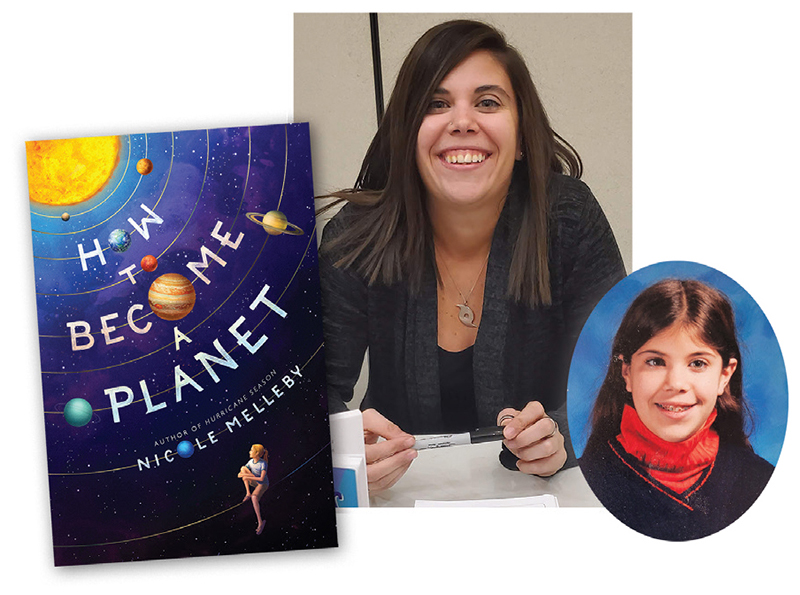
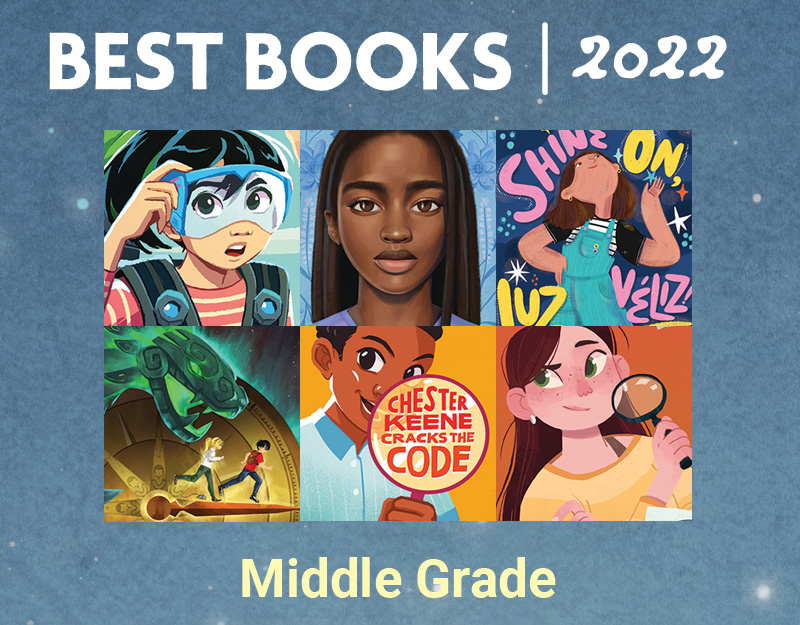
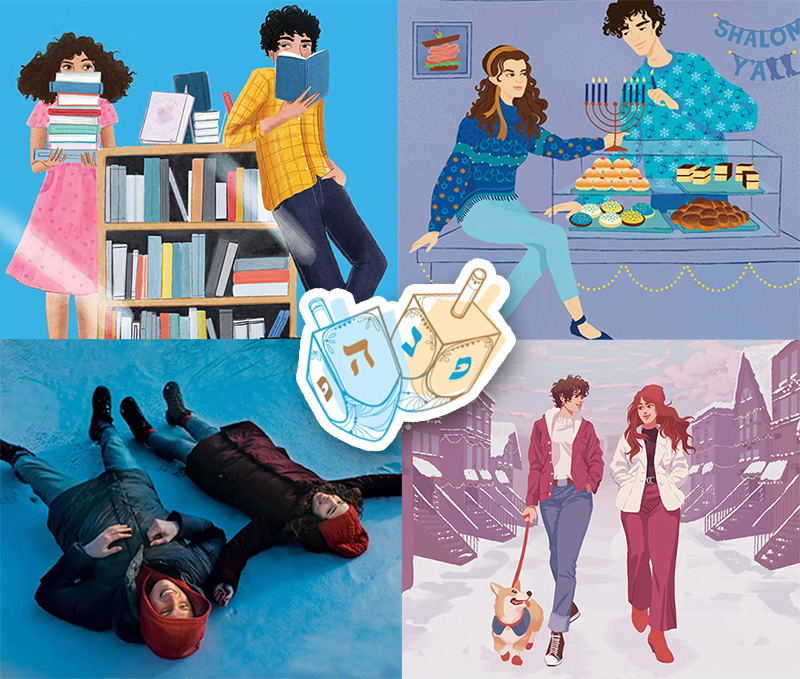
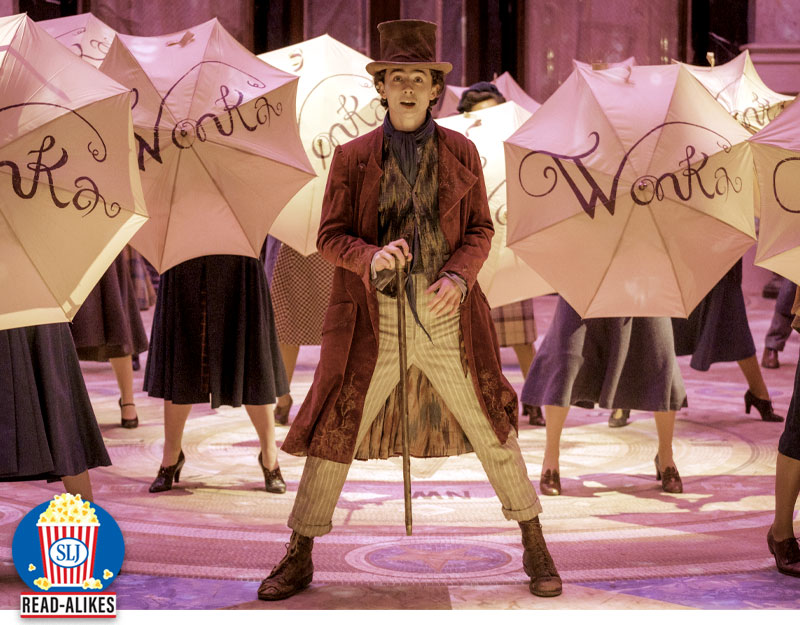
I haven't seen Sherlock, but have you checked out Elementary? It's Sherlock Holmes set in modern day NYC, and it is much, much more diverse in casting – including changing Watson into a female and Mrs. Watson into a transgender (I think) character. Definitely worth comparing the two shows.
I must confess I hadn't thought about Sherlock in these terms, perhaps it's just not something that occurs to me, or perhaps I get too distracted in the actual story.
I also haven't watched any of the most recent Dr Who's with Matt Smith and beyond so I haven't been able to notice how that's changed.
But I did like that Dr Who was diverse without ever making a point of it – Jack, Mickey, Martha and her family, the military leader in Turn Left – they were all just there and that was that, there was nothing at all noteworthy and I think that that's great.